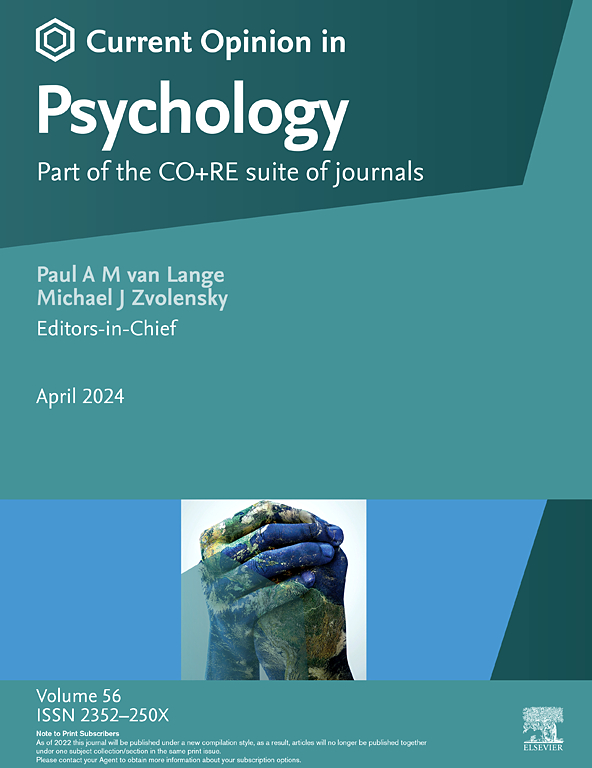When honesty checks-out: Willful ignorance and the persistence of unethical environments
IF 6.9
2区 心理学
Q1 PSYCHOLOGY, MULTIDISCIPLINARY
引用次数: 0
Abstract
This article examines how willful ignorance among (mostly) honest individuals contributes to the persistence and escalation of unethical behavior within certain environments. When individuals choose to avoid morally relevant information, they disengage from situations that would compel ethical action. This disengagement not only permits dishonesty to continue but also drives selection and sorting processes by which ethically flexible individuals are drawn to and retained in ever-more-corrupt environments. Over time, this dynamic cements systemic corruption and makes it more difficult for honest individuals to intervene. The article presents a conceptual framework outlining these self-reinforcing mechanisms and discusses implications for organizational and societal ethics. The framework clarifies why common countermeasures against dishonesty (entry barriers, shaming, or transparency) often backfire. The described self-reinforcing dynamics (where environments shape who enters, and the entrants then solidify the environment) are often overlooked in experimental psychological research, which focuses on emphasizing random assignment over self-selection, sorting, and endogenous-emergence designs.
当诚实被淘汰时:故意的无知和不道德环境的持续存在
本文考察了(大多数)诚实个体的故意无知是如何在特定环境中导致不道德行为的持续和升级的。当个人选择回避与道德相关的信息时,他们就脱离了迫使他们采取道德行动的情境。这种脱离不仅允许不诚实行为继续存在,而且还推动了选择和分类过程,通过这些过程,道德上灵活的个人被吸引到越来越腐败的环境中,并被保留下来。随着时间的推移,这种动态会巩固系统性腐败,使诚实的个人更难以干预。本文提出了一个概念框架,概述了这些自我强化机制,并讨论了对组织和社会伦理的影响。该框架阐明了为什么针对不诚实的常见对策(进入壁垒、羞辱或透明度)往往适得其反。在实验心理学研究中,所描述的自我强化动力学(环境决定谁进入,然后进入者巩固环境)经常被忽视,这些研究侧重于强调随机分配,而不是自我选择、分类和内生涌现设计。
本文章由计算机程序翻译,如有差异,请以英文原文为准。
求助全文
约1分钟内获得全文
求助全文
来源期刊

Current Opinion in Psychology
PSYCHOLOGY, MULTIDISCIPLINARY-
CiteScore
12.10
自引率
3.40%
发文量
293
审稿时长
53 days
期刊介绍:
Current Opinion in Psychology is part of the Current Opinion and Research (CO+RE) suite of journals and is a companion to the primary research, open access journal, Current Research in Ecological and Social Psychology. CO+RE journals leverage the Current Opinion legacy of editorial excellence, high-impact, and global reach to ensure they are a widely-read resource that is integral to scientists' workflows.
Current Opinion in Psychology is divided into themed sections, some of which may be reviewed on an annual basis if appropriate. The amount of space devoted to each section is related to its importance. The topics covered will include:
* Biological psychology
* Clinical psychology
* Cognitive psychology
* Community psychology
* Comparative psychology
* Developmental psychology
* Educational psychology
* Environmental psychology
* Evolutionary psychology
* Health psychology
* Neuropsychology
* Personality psychology
* Social psychology
 求助内容:
求助内容: 应助结果提醒方式:
应助结果提醒方式:


